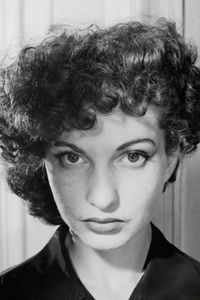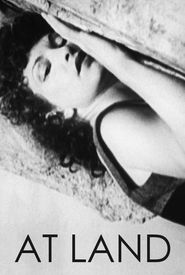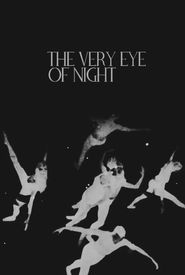Maya Deren's Life and Career
Born Eleanora Derenkowsky in 1917, Maya Deren came to the United States in 1922 with her parents, Solomon Derenkowsky, a psychiatrist, and Maria Fidler, an artist, who fled the Soviet Union to escape persecution. Growing up, Deren was exposed to the arts, and her mother's influence would later shape her own creative pursuits.
After completing her BA in journalism and political science at Syracuse University, Deren went on to earn her MA in English literature from Smith College in 1939. She then began her journey in filmmaking, producing her first short film, "Meshes of the Afternoon," in 1943, in collaboration with Alexander Hammid. This project marked the beginning of her film career, during which she would go on to create six short films and several incomplete projects, including "Witch's Cradle" (1944),which featured the renowned artist Marcel Duchamp.
Deren's passion for filmmaking was matched only by her fascination with Haitian Voudoun. Her first trip to Haiti in 1947 inspired her to write "Divine Horsemen: The Living Gods of Haiti" (1953),a book that remains a seminal work on the subject. Over the course of several years, Deren shot over 18,000 feet of film in Haiti, which would later be compiled into "Divine Horsemen: The Living Gods of Haiti" (1993) by her then-husband Teiji Itô and his new wife Cherel Ito.
Throughout her career, Deren received numerous accolades, including a Guggenheim grant in 1947, making her the first filmmaker to receive such an honor. She was a prolific writer, publishing articles on film theory and Haitian Voudoun, and was known for her innovative approach to filmmaking, which often blended elements of magic, science, and religion.
In addition to her work in film, Deren was a dedicated teacher and promoter of independent filmmaking. She traveled extensively across the United States, Canada, and Cuba, giving lectures and demonstrations on film theory and Voudoun. In the late 1950s, she established the Creative Film Foundation, which aimed to recognize and reward the achievements of independent filmmakers.
Throughout her life, Maya Deren remained committed to her artistic vision, pushing the boundaries of filmmaking and exploring the intersection of art, magic, and spirituality. Her legacy continues to inspire and influence filmmakers and artists to this day.





















